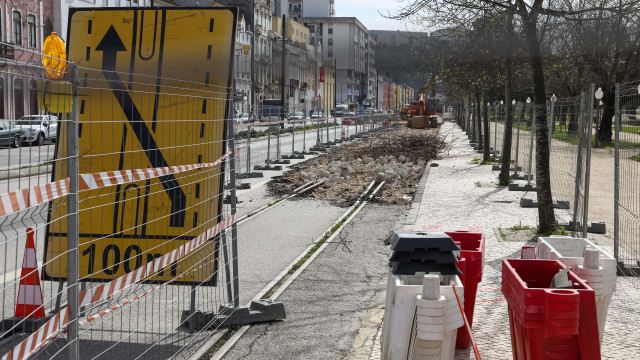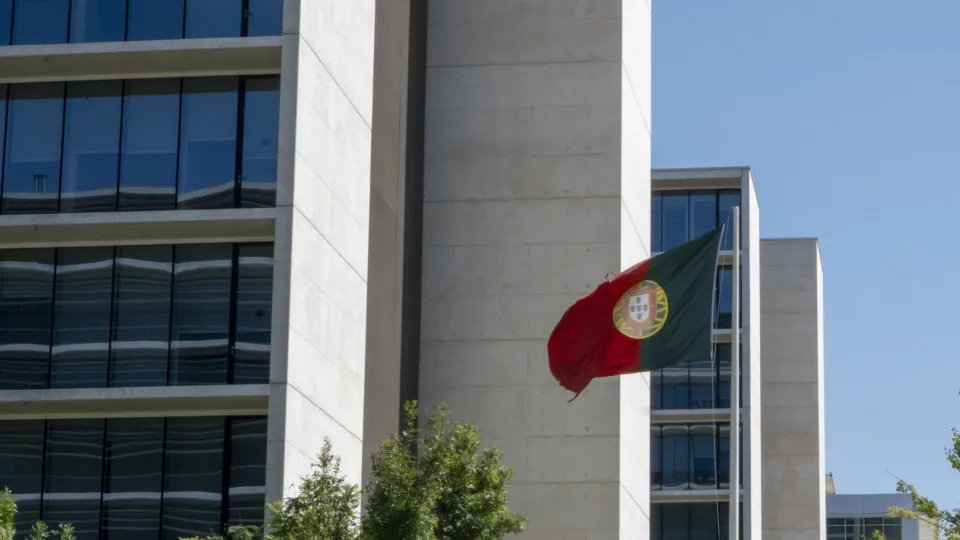The Mondego Mobility System (SMM) is set to begin operations this Friday, in an initial phase limited to a five-kilometer route in the city of Coimbra, operating free of charge, the government announced today.
The SMM, featuring articulated electric buses running on a dedicated lane, will start with a preliminary free service between Portagem and Vale das Flores in Coimbra, stated the Ministry of Infrastructure and Housing (MIH) in a press release.
The approximately five-kilometer route, covering ten stations in the city, will remain free until the section to Serpins in the municipality of Lousã opens, expected by the end of the year. However, a specific date for the operational commencement of the route passing through Miranda do Corvo has not been provided.

The operation kicks off following several free demonstrations in the three municipalities covered by the SMM, organized this month by Metro Mondego, the entity that ensures the service.
Operation starts at 10:00 AM: Check the schedule
According to another press release from Metro Mondego, the operation will start at 10:00 AM and continue until 6:00 PM on Friday.
Starting Saturday, and until commercial operations are fully operational to Serpins, service on the urban section between Portagem and Vale das Flores will run daily from 8:00 AM to 8:00 PM, including weekends.
These operations will coincide with widespread testing of vehicles, infrastructure, technical systems, operation management, and passenger experience to correct any potential issues prior to commercial operations,” explained Metro Mondego.
While the service between Portagem and Serpins is anticipated by year-end, it is expected that operations between Portagem and Coimbra-B, and the hospital line in the city center, will be up and running by 2026, despite some unfinished sections.
The service currently covers only five of the total 42 kilometers of the network, which includes 42 stations.
The operation’s start, termed “Metro do Mondego” by the ministry, “addresses a long-standing desire of residents in the central region of the country,” emphasized the government.
The project led to the closure of the Lousã rail branch and encountered several delays, changes, and halts over more than 30 years, ceasing operations after track removal in 2010.
Initially planned as a light rail system, the SMM was revived in 2017 by the government under Antonio Costa, retaining the original route but replacing light rail with articulated electric buses.
The system “fosters urban cohesion between these municipalities, promoting local development and addressing mobility poverty,” by creating “an efficient and complementary transport network through interoperability with other transport operators,” the MIH explained.
The SMM signifies a 220 million euro investment, according to the Ministry of Infrastructure and Housing.
“For decades, Coimbra’s residents have longed for the day when the Mondego Metro would finally operate. When it comes to meeting their needs, citizens do not understand these delays and indecisions, much less their political motivations,” stated the Minister of Infrastructure and Housing, Miguel Pinto Luz, as quoted in the press release.
The presence of the minister is expected on Friday for the start of the preliminary operation, reports Metro Mondego.
The SMM expects to serve 13 million passengers annually, with buses running at five-minute intervals during peak hours.




